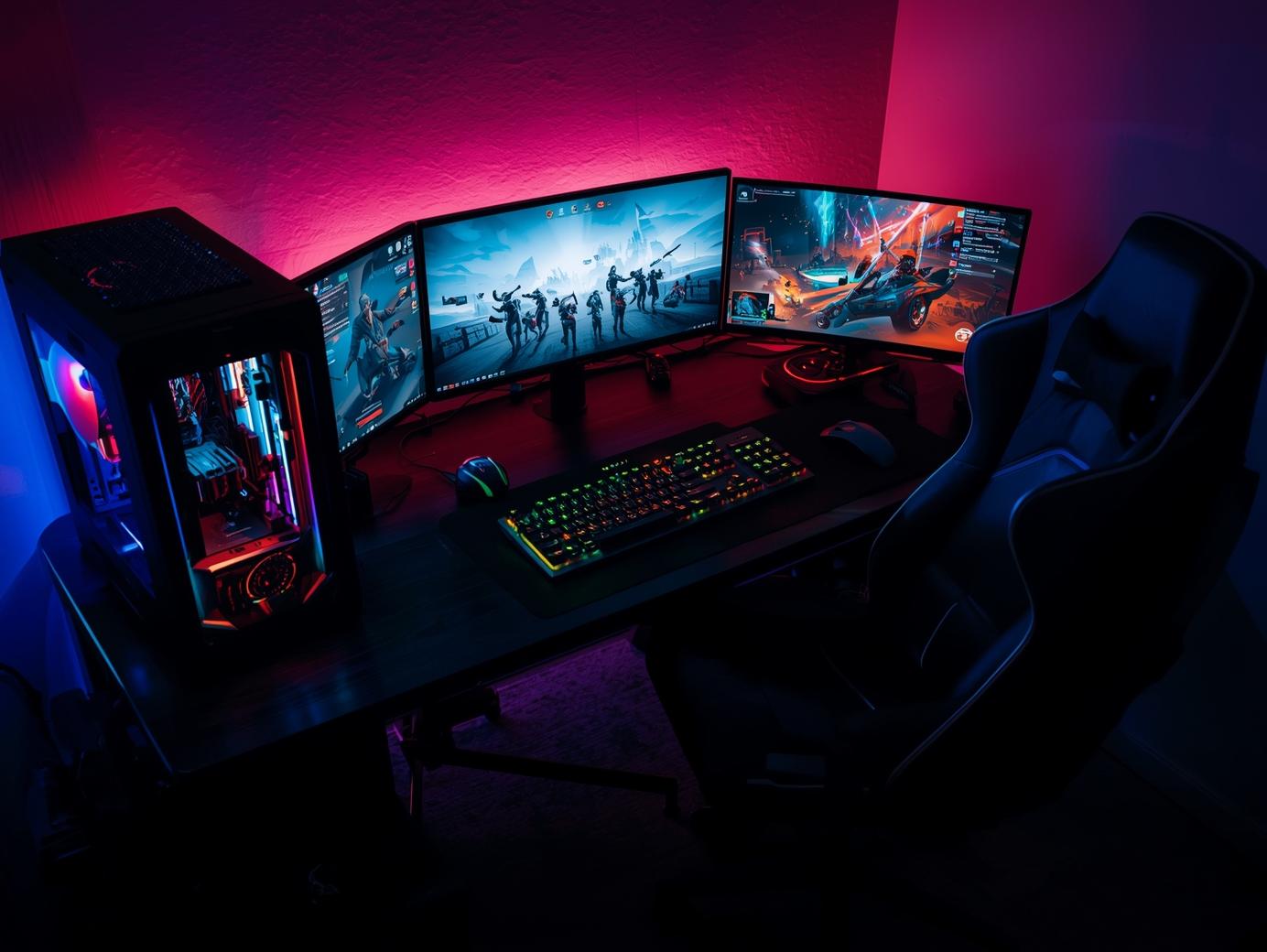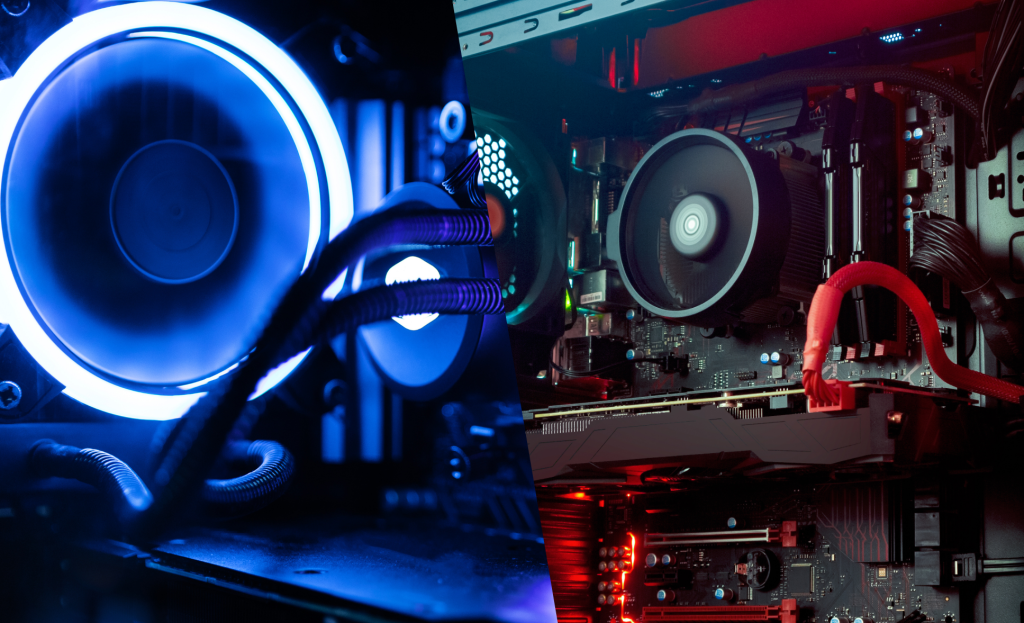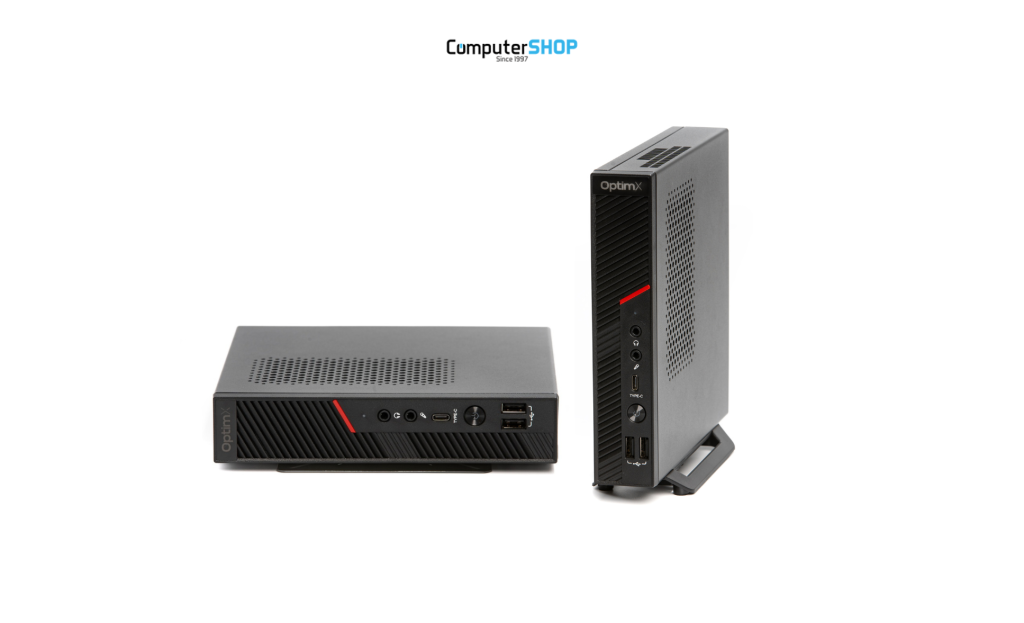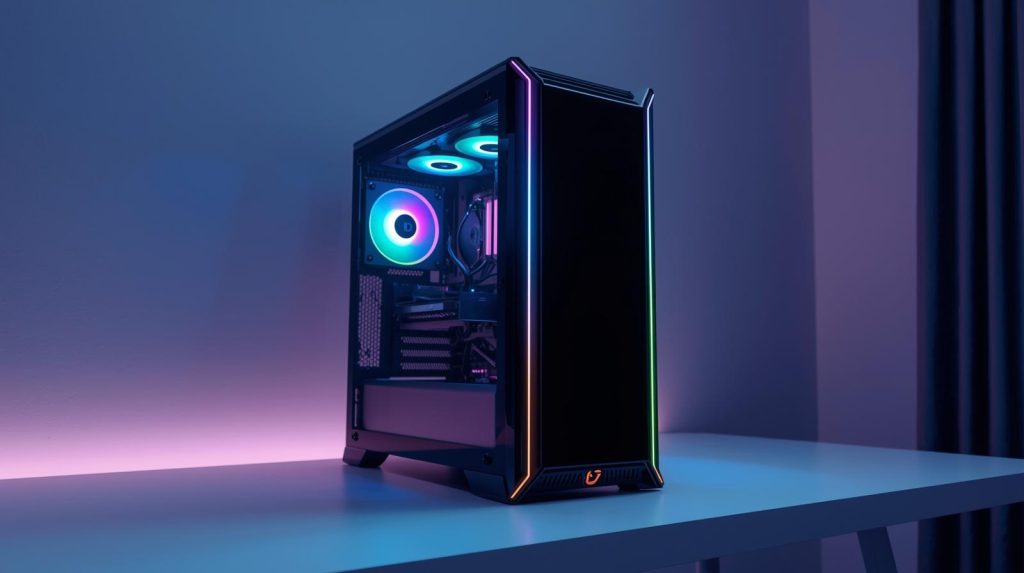
The key elements when choosing a gaming PC
The video game industry has evolved rapidly in recent years, and choosing a gaming PC can be a challenge for many. If you want high performance, spectacular graphics, and a smooth gaming experience, it is essential to understand what the key components are and how to choose them according to your budget and preferences. In this article, you will discover how to choose the right gaming PC, optimized for your needs.
1. The processor (CPU) and motherboard – the heart of the gaming PC
The processor is one of the most important components. A powerful CPU ensures smooth gaming and handles complex tasks. For gaming, the most recommended processors are Intel Core i5/i7/i9 or AMD Ryzen 5/7/9, depending on your budget. Avoid very cheap processors, as they can limit the performance of your graphics card.
The motherboard is also essential, as it connects all the components. It must be compatible with the chosen processor (the socket must match), but also with the type of RAM and the video card. For example, a Ryzen processor needs a motherboard with the appropriate AMD chipset, while Intel processors require motherboards compatible with their socket.
Practical tips:
- For competitive games (Fortnite, CS2, Valorant) a Ryzen 5 or Intel i5 is sufficient.
- For graphics-intensive AAA games, opt for Ryzen 7/9 or Intel i7/i9.
2. Graphics card (GPU) – the key to the visual experience
The graphics card is what defines the quality of the graphics and the number of frames per second (FPS). A top-of-the-line graphics card like the NVIDIA GeForce RTX 4000/5000 series or AMD Radeon RX 7600/7800/7900 XT provides an excellent experience. If you’re gaming at 1080p, a mid-range graphics card is sufficient. For 1440p or 4K, you’ll need a high-end model and a generous budget.
GPU recommendations for gaming:
- 1080p : RTX 3060, RTX 4060, RX 6700 XT
- 1440p : RTX 4070, RTX 5070, RX 7700 XT, RX 9060 XT
- 4K : RTX 4080/4090 or 5080/5090, RX 7900 XTX
3. RAM – essential for multitasking
A gaming PC needs at least 16GB of DDR4 or DDR5 RAM. For future gaming and streaming, a system with 32GB of RAM is becoming increasingly recommended. The speed of the RAM (MHz) also impacts overall performance.
4. The ideal storage unit for gaming: SSD vs HDD
An NVMe SSD is the ideal choice for gaming, as it reduces loading times and makes the system faster. The recommended capacity is at least 500GB, but ideally a 1TB SSD would be enough to install multiple latest games. HDDs can be used to store additional files.
5. Motherboard and power supply
The motherboard must be compatible with the processor and offer slots for RAM and future expansion. The power supply is often underestimated, but a 650-750W PSU, 80+ Bronze/Gold certified, guarantees stability and protects the components. For 4k gaming we recommend a quality power supply, at least 800W.
6. Case and cooling system
A well-ventilated case and an efficient cooler are essential to prevent overheating. If you’re thinking about overclocking or powerful graphics cards, consider a water cooling system.
7. Budget and priorities
Before buying a gaming PC, set a clear budget. Choosing the right gaming PC depends on the balance between performance, budget, and personal needs. If you want a smooth experience and impressive graphics, focus on the processor and graphics card. Don’t forget about RAM, SSD (these can be changed or upgraded later), and a quality power supply. With the right selection, you’ll have a system ready for the latest games and for the future.









